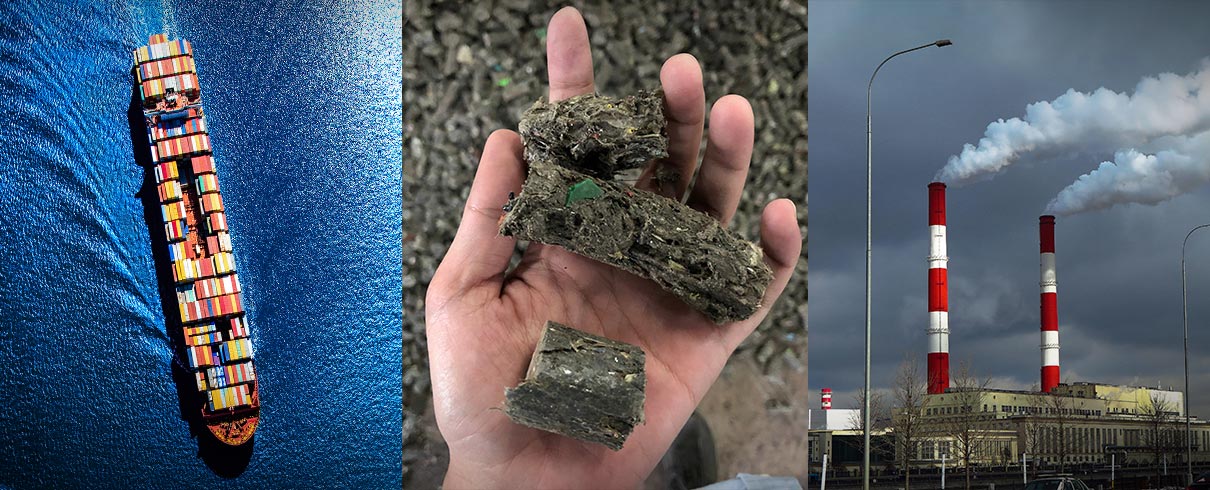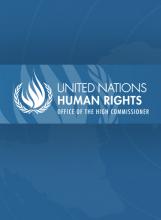русский / español / 中文 / français / العربية
Stockholm, Sweden The 2018 Goldman Environmental Prize award to Manny Calonzo for his coalition efforts to eliminate lead paint in the Philippines brings attention to the ongoing threat of lead paint exposure to children in most of the developing world. Lead paint, the greatest single cause of childhood lead exposure globally, can cause irreversible neurological damage. Mr. Calonzo’s work to forge partnerships with the public, NGOs, health ministers and paint manufacturers was a winning model in the Philippines and is inspiring similar campaigns to eliminate lead paint throughout the world.
“Together with allies from the public, industry and government, we proved we can rid ourselves of a damaging source of toxic pollution for the good of children in the Philippines. I hope this prize will help reduce lead exposure to children across the planet and paint a healthier future,” said Mr. Calonzo.
A long time campaigner for environmental health, Mr. Calonzo, former president and advisor of the EcoWaste Coalition in the Philippines and leader in IPEN’s global Lead Paint Elimination Campaign, was instrumental in securing the adoption of the first national law banning lead paint production, use and sale in the Philippines. This new law, one of the world’s most protective, safeguards nearly 12 million young children from exposure to lead. Lead exposure, even at the smallest amount, can cause lifelong, untreatable harm, including brain damage, harming a child’s ability to learn, read, write, and focus in class and participate in society.













